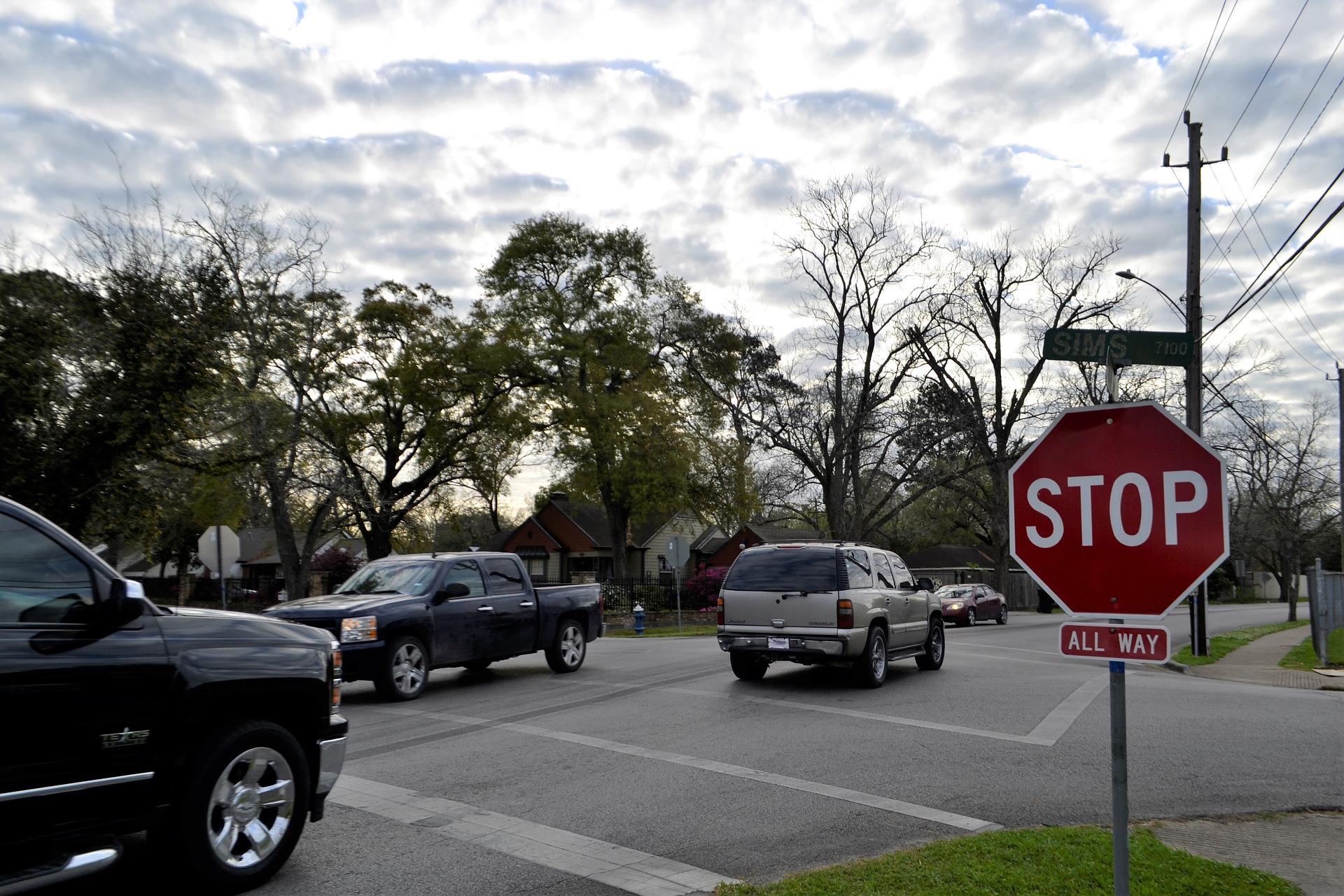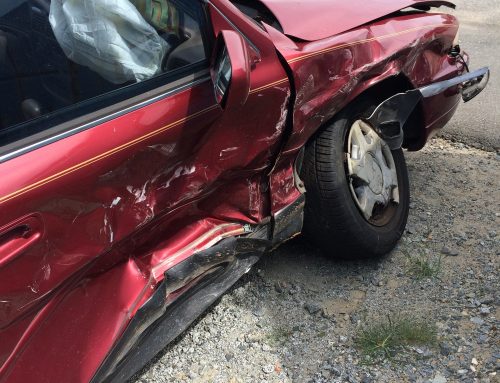If you’ve been using Florida roads for any length of time, you have likely witnessed a lot of reckless driving. Although there is a legal definition for reckless driving, you don’t need to be a law enforcement officer to recognize the behavior – weaving in and out of traffic, tailgating, aggressive driving, and excessive speed. These behaviors are a danger to everyone on the road, which is why the law takes them so seriously.
The official definition of reckless driving is the operation of a motor vehicle in a manner demonstrating a willful or wanton disregard for safety. It may carry misdemeanor or felony penalties, depending on whether anyone was injured or killed due to the behavior.
Florida Statutes Section 316.192: Under the statute, Reckless Driving consists of two elements:
- The defendant drove a motor vehicle
- The defendant did so with a willful or wanton disregard for the safety of persons or property.
Definition of Terms
Willful and Wanton
Reckless driving has not occurred if willful or wanton conduct was not present. The term ‘willful’ denotes that the action was taken intentionally, knowingly, and purposely. ‘Wanton’ indicates that the defendant operated the vehicle with a conscious and intentional apathy to possible consequences and with the knowledge that harm was likely to be inflicted on persons or property.
Note: Fleeing a law enforcement officer in a motor vehicle is considered reckless driving by definition.
Negligence and Speed
Carelessness or ordinary negligence is insufficient to uphold a conviction. The defendant’s behavior must be purposeful or carried out with an intentional indifference to consequences. Excessive speeding alone cannot result in a conviction for reckless driving.
Defenses for Reckless Driving
There are many possible defenses if an individual wants to contest this type of charge in Florida. Some of the more common defenses include:
- The accused was not driving
- Willful or wanton disregard could not be proven
- Their driving pattern was caused by extenuating circumstances
- There were no nearby persons or property to endanger
- Witnesses are unreliable
- The allegations are not supported by LEO in-car video
- Witness testimonies are conflicting
- The charge is based solely on an allegation of excessive speed
What Does Reckless Driving Look Like?
As mentioned above, speed alone is insufficient to support a reckless driving conviction.
When excessive speed is coupled with other dangerous behaviors, however, willful or wanton disregard for the safety of others may be proven. Here are some of the associated behaviors that the Florida legal system has deemed as factors in reckless driving cases.
- Driving in the middle of the road or disregarding lane separations
- Driving through a crowded residential area
- Improper or dangerous passing without warning or appropriate room to do so
- Failing to brake or reduce speed prior to impact
- Disregarding the presence of children, failing to adjust driving behavior
- Ignoring traffic control devices such as lights, signs, or crosswalks
- Failing to watch for pedestrians
- Driving under the influence of intoxicants
- Texting or using an electronic device while operating a moving vehicle
You Need Representation
If a reckless driver has injured you, you shouldn’t have to fight to get your fair compensation. A professional personal injury attorney can contact your insurance company, negotiate with the other insurance company, and represent you should the case go to court. Reckless driving is irresponsible and should not go unpunished, especially if you or a loved one was injured.
Call Probinsky & Cole today if you have been involved in an accident in the Orlando, Brandon or Sarasota area.








